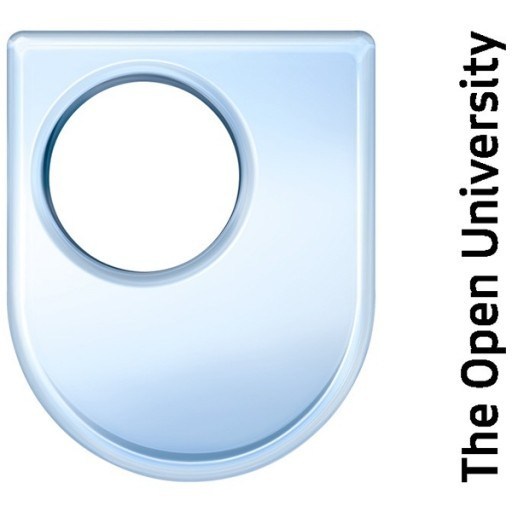Photos of university / #uniofyork
Advertisement
Historical Archaeology is the study of relatively recent documented periods using material culture as well as texts. It is one of the most rapidly expanding aspects of archaeology, and is dealing with many exciting issues.
The programme will focus on the period from the last part of the Middle Ages, through the Early Modern period, and up to the 20th century. It will examine themes such as the development of mercantile and then industrial capitalism, colonialism, industrialisation and globalisation. Historical archaeology is particularly appropriate to study in Britain, given its early role in these processes of change, but the programme has a significant international perspective including Europe, North America and Australasia. Whilst excavated material forms part of the data source, we also use much material culture that has never been lost and is still in private or public collections, standing buildings, landscapes, and documentary sources of all kinds including maps, newspapers, family, parish and state records.
Students who study Historical Archaeology may have first degrees in one of a number of subjects, including Archaeology, Anthropology, Economic History, History, Art History, or Historical Geography. There is normally a good mix of both British and Overseas students on this programme. Graduates with the MA in Historical Archaeology have gone on to research degrees here and elsewhere, and to posts in interpretation and management at historic sites, in field archaeology, in state archaeology services, teaching, and general management. There has been a very high success rate in employment by graduates.
Over the autumn and spring terms you will take:
* two core 20 credit modules
* two option 20 credit modules
* four 5 credit skills modules
In the summer you will carry out research for your dissertation and give an Assessed Lecture on your dissertation topic.
Core modules
* Issues in historical archaeology 1
* Issues in historical archaeology 2
Recommended option modules
* Analysing historic buildings
* The context and practice of gathering field archaeology data
* Concepts of landscape
* Cultural heritage management 2: audiences, interpretation and museums
* Interpreting historic buildings
* Medieval settlement and communities
* Stuff: an introduction to modern material culture studies
Recommended skills modules
* Narrating our pasts
* Topographical survey
* Artefacts
* Artefacts from excavation
* Buildings survey
* Geophysical survey
* Geographical information systems (GIS)
* Perspectives in landscape research
Whilst we endeavour to give everyone their first choice on modules, please note that this cannot always be guaranteed. Please be aware that certain skills modules are required by particular programmes, and so may be more over-subscribed than others.








